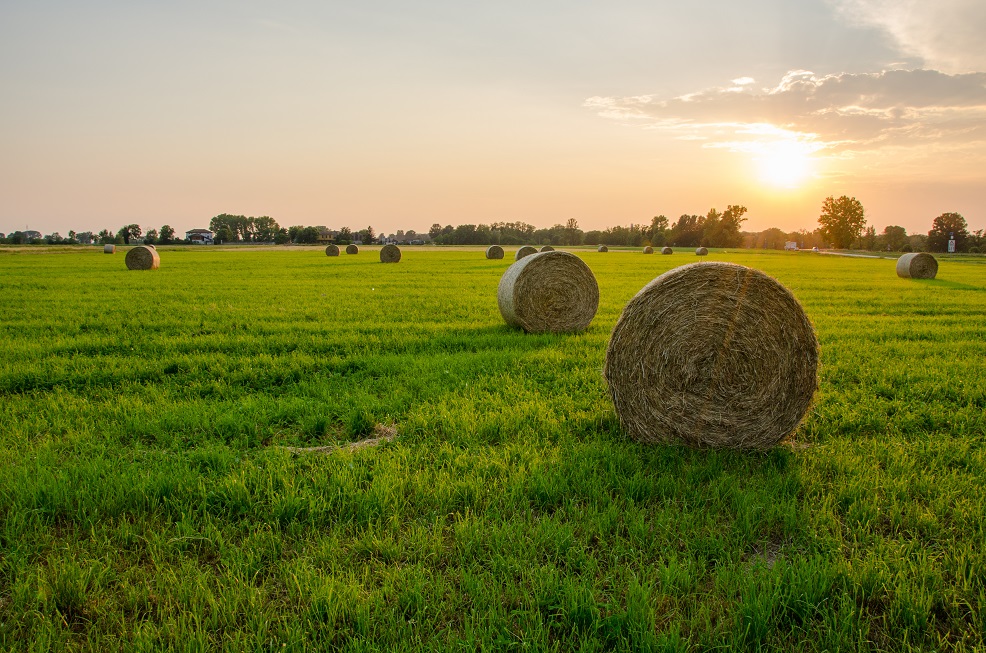What is a share farming arrangement?
Share farming is an arrangement whereby two parties (ordinarily both farmers) bring certain elements together to farm a property to generate profits which are then shared between the parties.
Ordinarily a share farming agreement shall be for the farming of crops, however such an arrangement is not precluded for use in relation to livestock or similar.
Typically there are two parties in a share farming arrangement, the property owner (who is normally also a famer themselves) and the farmer. Each of these parties brings certain resources in their possession to the arrangement and profits and risk are equally shared.
A common type of share farming arrangement is set out below:
| Item / Resource | Provided by |
| Property | Property owner |
| Machinery | Farmer |
| Materials (ie seeds, fertilisers etc) | Property owner |
| Labour | Farmer |
| Profits | Shared 50 / 50 between the parties |
| Risk | Shared between the parties |
Under such an arrangement , it is most often the property owner who provides the items which represent the upfront costs, namely the property and the materials required to farm the property (i.e. the crop or the animals). The farmer provides the machinery and labour to undertake the preparation, sowing and harvesting of the crop.Share farming arrangements can be especially beneficial for young farmers who are starting out and may not have the capital behind them to either purchase or lease farmland themselves.
They can also be beneficial for farmers looking to scale up their operations, or property owners who may wish to utilise their property for cropping activities, but may not have the resources or labour to do so.
It is important to note that share farm arrangements can take many forms and the arrangement as set out above is not the only way in which a share farm arrangement can operate. Where a party takes on more of the risk or the upfront costs, they will ordinarily take a greater share of the profits.
It may be that you have a different arrangement which you have agreed, for example an uneven distribution of profits or materials or machinery being provided by a different party. There may even be a third or fourth party involved in the agreement.
What’s the difference between a share farming arrangement and a lease?
Share farming arrangements are different to leasing arrangements.
As shown above, a share farming arrangement involves the parties working together and sharing the profit and risk from any cropping on the property.
In a leasing arrangement, one party (the property owner / landlord) leases a property to another party (the tenant) who then conducts farming activities on the property. The tenant in a leasing arrangement pays rent to the landlord, but any profits made from their activities on the property are their own to keep, and they bear all risk in relation to the activities.
Why should we have an agreement in place?
There are no laws which regulate share farming arrangements in Victoria, beyond the general laws of contracts. As such, in order to provide protection for both parties, these types of arrangements should be formally documented by way of a share farming agreement.
You want to be clear before you start share farming who has responsibility for what costs in the arrangement, who is managing the activities on the property and what those activities are. This shall prevent disputes later down the track.
In addition to the above, most parties involved in a share farming arrangement do not want to be characterised as operating a joint venture agreement, partnership agreement or employer/employee relationship with the other party. Documenting your share farming arrangement via a formal written agreement prevents any risk of the parties to a share farm arrangement being characterised otherwise. Having a formal agreement in place can ensure the nature of the relationship between the parties is clear.
What should the agreement set out?
The agreement should set out the details of your agreement, including the following:
1. details of the property to be utilised;
2. term of the agreement;
3. who is responsible for providing certain resources and labour;
4. estimated times for stages of the activities to be undertaken;
5. who will manage the activities taking place on the property;
6. payment of rates and outgoings for the property, and any other expenses incurred in undertaking the arrangement;
7. requirements for maintenance of the property and the activities; and
8. division of profits.
How can Coulter Legal assist?
As noted above, it is important that a share farm arrangement is properly documented by way of a formal share farm agreement.
Coulter Legal can assist you by preparing a share farm agreement which takes into account the individual needs and interests of both parties to the arrangement, to ensure that both parties are protected and understand their role in the share farm arrangement.
In the event that a dispute arises in relation to a share farm arrangement, Coulter Legal can also assist to resolve the dispute with the least impact upon the share farming relationship possible.
